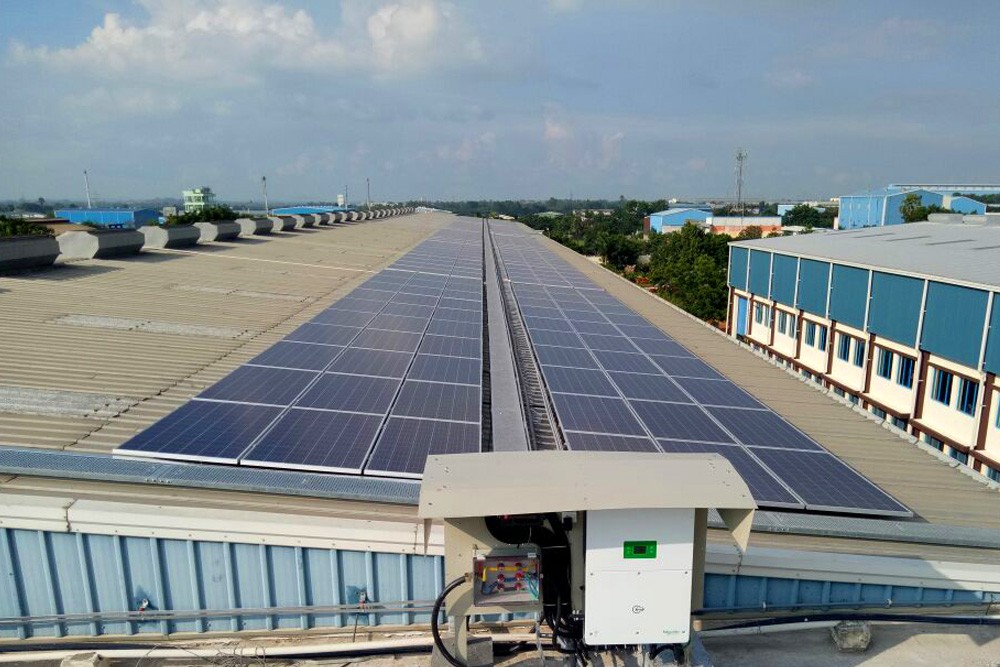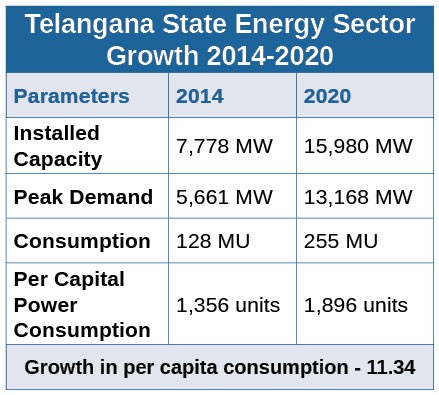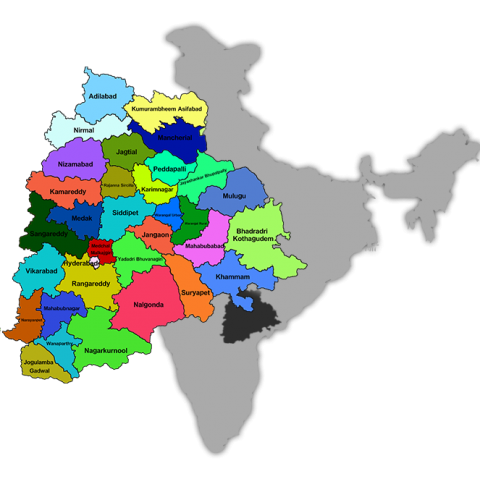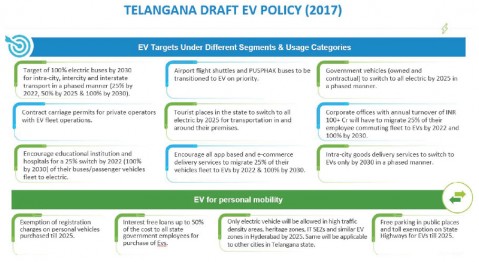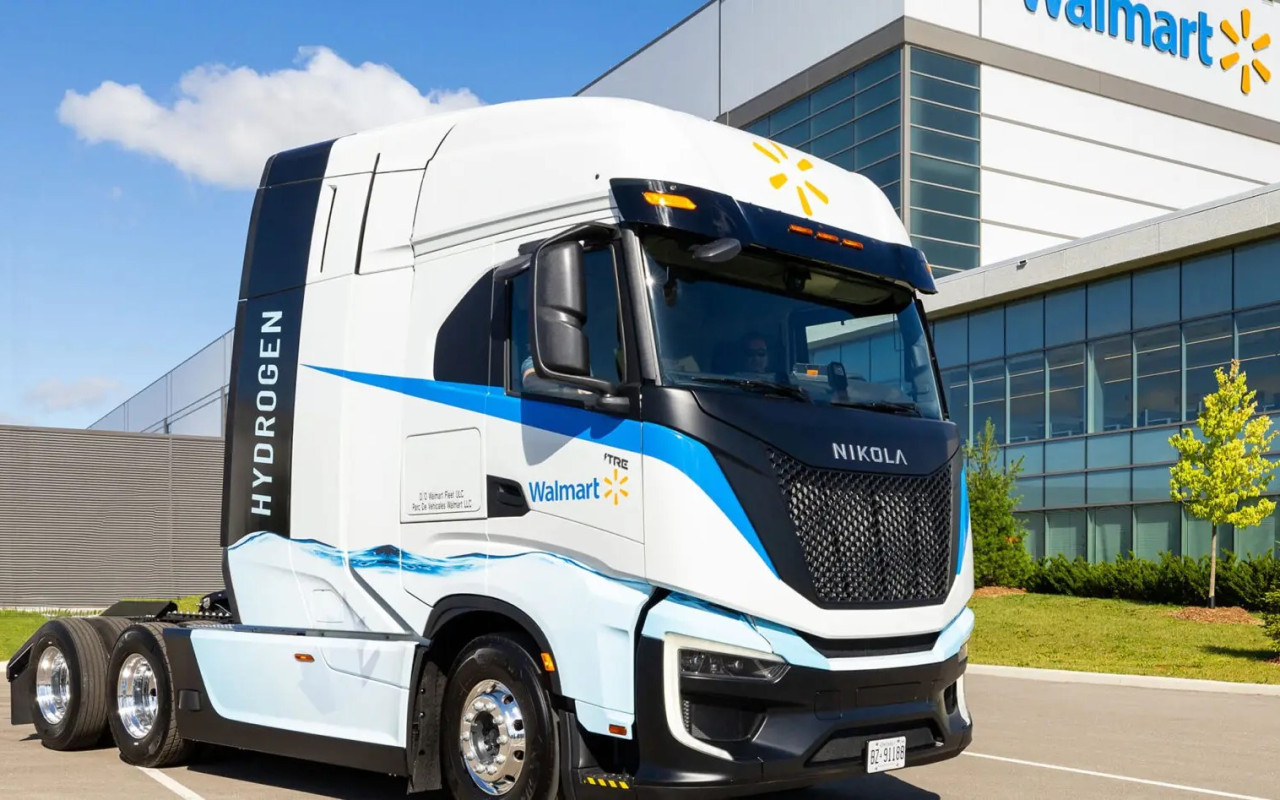Forging a unique path to sustainability
Telangana, the most recently carved-out Indian State has shown remarkable growth over the last six years in the renewable energy space. Now, the same progress is anticipated in the e-mobility and storage sector.
Telangana is recognized as a top Indian State when it comes to ease-of-doing-business, as per the World Bank and government of India ranking. According to the Associated Chambers of Commerce of India (ASSOCHAM) report released in 2017, Telangana surpassed its southern peer States in attracting investments. These results are built upon radical industrial reforms initiated since the formation of Telangana State, making it a go-to destination for the manufacturing sector.
A major highlight of this reform process was through TS-iPASS, a path-breaking industrial project approval system that provides time-bound clearances (15 days for mega projects) based on self-certification. Investments worth $19.5 billion, and generating employment for 540,000 people has been approved through TS-iPASS to date, highlighting industries' confidence in the system.
Telangana has the desired social and urban infrastructure to translate into a strong demand and nurturing ground for EV technologies. Vehicle registrations in Telangana have long registered double-digit growth, making it one of the major automotive markets in the country. The State has attracted significant investments from new and existing automotive units since its formation and is home to Mahindra & Mahindra and MRF Ltd manufacturing base along with Hyundai and ZF global R&D centers. Telangana industrial infrastructure is unmatched with its vast industrial land bank, 24x7 power and water supply. Telangana holds a strong logistic advantage with its location on India's map and excellent highway network, offering access to major automotive markets and supply chain bases.
Making of a robust power sector
Telangana has more than doubled its power generation since its formation in 2014. The State is now geared to generate 28,400MW in the next four to five years. The total generation of power in 2014 was 7,780MW and it has now crossed 16,500MW as on May 2020. For the proposed new power projects, all permissions had been secured and financial closure achieved. The installed power capacity of the State will increase by another 10,000MW in the next three years. With this, the State is expected to become power surplus. The work for 1,600MW new power station at Ramagundam NTPC (which has a total capacity of 4,000MW) and 4,000MW power station at Yadadri has begun. Besides, 800MW from Singareni, 809MW from Central Power Generating Stations, 1,584MW solar power and 90MW hydel power, will also be added. Once, the State becomes power surplus, the Discoms are expected to become financially strong.
As you read this, the 4,000MW Yadadri thermal power plant is being developed. The plant will set a record in the country, as no other State has constructed a 4,000MW ultra-mega power plant thus far.
The 1,080MW Bhadradri Thermal Power Station (BTPS), too, will start its production shortly which will be commissioned in a record time of 42 months.
The State has been providing round-the-clock free power to 24,16,000 agriculture pump sets since January 2018. Of the total power supplied in the State, 30 percent is supplied to farmers free of cost. The State provided `10,000 crore for agriculture power subsidy.
The State, which was carved out of bifurcation of Andhra Pradesh in 2014, now has a total installed capacity of about 3,800MW, which includes grid-connected and standalone rooftop solar units, and it has the fourth-largest solar capacity in the country, and it stands 8th in terms of RE installed capacity. The State government of Telangana is in the process of finalizing a tender for about 1,000MW and expects to reach the targeted 5GW capacity by next year. This will include some rooftop solar units and some standalone installations.
Forging unique policy for renewables
Telangana adopted decentralized distributed solar installation projects, as opposed to the solar park model. In the park model, huge capacity comes up at a single location, making its management relatively tougher, and requiring additional evacuation infrastructure. Barring one project, where more than 100MW of solar capacity is located, most of the projects have been awarded and installed on a decentralized distributed model. The State had encouraged projects across 180 locations, instead of the concentration of projects at one location as is seen in solar parks.
Telangana is also readying its policy on EV and energy storage, which will further open many more avenues for the State. The State government is now focusing on formulating 'working guidelines' for the development of the EV industry in Telangana after two years of launching its draft State EV Policy − being one of the first movers to do so in India.
On the e-mobility front, in a recent development, the Telangana government plans to install 138 EV charging stations by next year and the State's EV policy aims to attract investments worth $3 billion by 2022. The State will be collaborating with Rajasthan Electronics and Instruments Ltd. for the project. The project aims to boost the second phase of government of India's ambitious Faster Adoption and Manufacturing of Electric Vehicles (FAME II) scheme, and create employment for 50,000 people by 2022 through EVs in shared mobility, charging infrastructure development and EV manufacturing activities.
Telangana also clearly defines incentives on the demand and supply side of the EV ecosystem; it draws a clear roadmap for developing charging infrastructure in the State and provides incentives related to various components of ownership cost of EVs. There are plans to install 120 EV charging stations in Hyderabad and another 19 in the smart cities of Karimnagar and Warangal with the emphasis on reducing pollution. The sites for charging stations have been identified and feasibility study is done, and they are expected to come up in two months.
There is also an emphasis on skill development for EV design, development, and manufacturing, with the intention to promote the manufacturing of battery cells and packs through special status and incentives. As per the draft EV policy, which was launched in 2017, the State government of Telangana has a target of 100 percent e-buses by 2030 for intra-city, intercity and interstate transport; with 25 percent target by 2022 and 50 percent
by 2025.
Overall, the State has shown remarkable growth over the last six years in the renewables growth front and the same is now anticipated in the e-mobility and storage space. The State government has already started the work of forming a joint EV and storage policy which will further open up new opportunities for the State.


